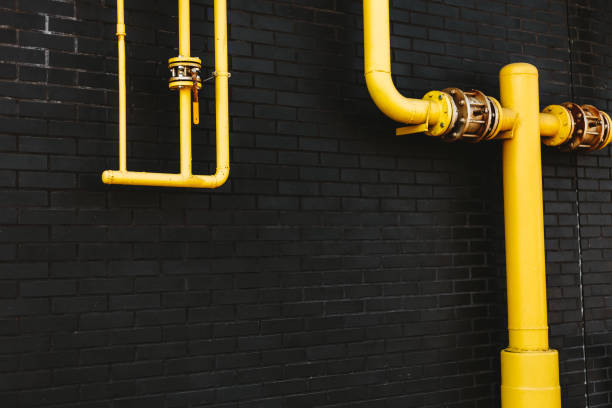Selecting appropriate cleaning products for your home involves more than just grabbing the first bottle off the shelf. The right cleaning solutions can mean the difference between a sparkling, healthy living environment and one that may harbor hidden dangers. Modern consumers must navigate a complex landscape of traditional chemical cleaners, eco-friendly alternatives, and DIY solutions, each with their own advantages and considerations. Understanding how different products interact with various surfaces and affect indoor air quality is essential for maintaining both cleanliness and wellbeing.
The first consideration when choosing cleaning products should be the specific surfaces and materials being cleaned. Different areas of the home require specialized formulations to avoid damage while achieving optimal results. Bathroom cleaners, for instance, often contain disinfectants and descalers to combat soap scum and hard water deposits, but these same powerful formulas could harm delicate natural stone surfaces. Kitchen cleaners need to effectively cut through grease while being food-safe for areas where meal preparation occurs. Wood furniture demands gentle, non-abrasive solutions that won't strip finishes, while glass and mirror cleaners should leave streak-free shine without ammonia fumes that can irritate eyes and respiratory systems.Health and safety concerns have become increasingly important factors in cleaning product selection. Many conventional cleaners contain volatile organic compounds (VOCs) that can contribute to indoor air pollution and trigger respiratory issues. Families with children or pets may want to avoid products with harsh chemicals like bleach or ammonia that pose poisoning risks if accidentally ingested. The rise of green cleaning products offers alternatives made from plant-based ingredients that are generally safer for households while still providing effective cleaning power. However, it's important to read labels carefully, as some products marketed as "natural" may still contain irritants or allergens that affect sensitive individuals.Environmental impact represents another crucial factor in product selection. Phosphates in detergents can contribute to water pollution, while plastic packaging adds to landfill waste. Concentrated cleaning products that use less packaging and require dilution at home offer an eco-friendlier option. Many consumers are turning to simple, multi-purpose ingredients like vinegar, baking soda, and castile soap that can handle multiple cleaning tasks with minimal environmental footprint. These basic ingredients can effectively clean many surfaces when used properly, though they may lack the specialized formulations needed for certain tough jobs like mold removal or heavy grease cutting.Cost-effectiveness and convenience also play roles in determining the right cleaning products. While bulk purchases may save money, they only make sense for products that will be used before expiration. Multi-surface cleaners can reduce the number of products needed but may not perform as well as specialized formulas for particular tasks. Subscription services for eco-friendly cleaning products have emerged as a convenient option that ensures regular supply while reducing shopping trips. The most economical approach often involves a combination of commercial products for specific needs and DIY solutions for everyday cleaning tasks.Ultimately, the right cleaning products balance effectiveness with safety, matching the unique needs of each home and its occupants. Smart consumers read labels carefully, understanding ingredient lists and usage instructions. They consider how products will interact with their home's surfaces, their family's health, and the environment. By making informed choices about cleaning products, homeowners can maintain beautiful, hygienic living spaces that support rather than compromise wellbeing. The ideal cleaning regimen combines the right products with proper techniques and frequency to create a home that's not just clean, but truly healthy.



